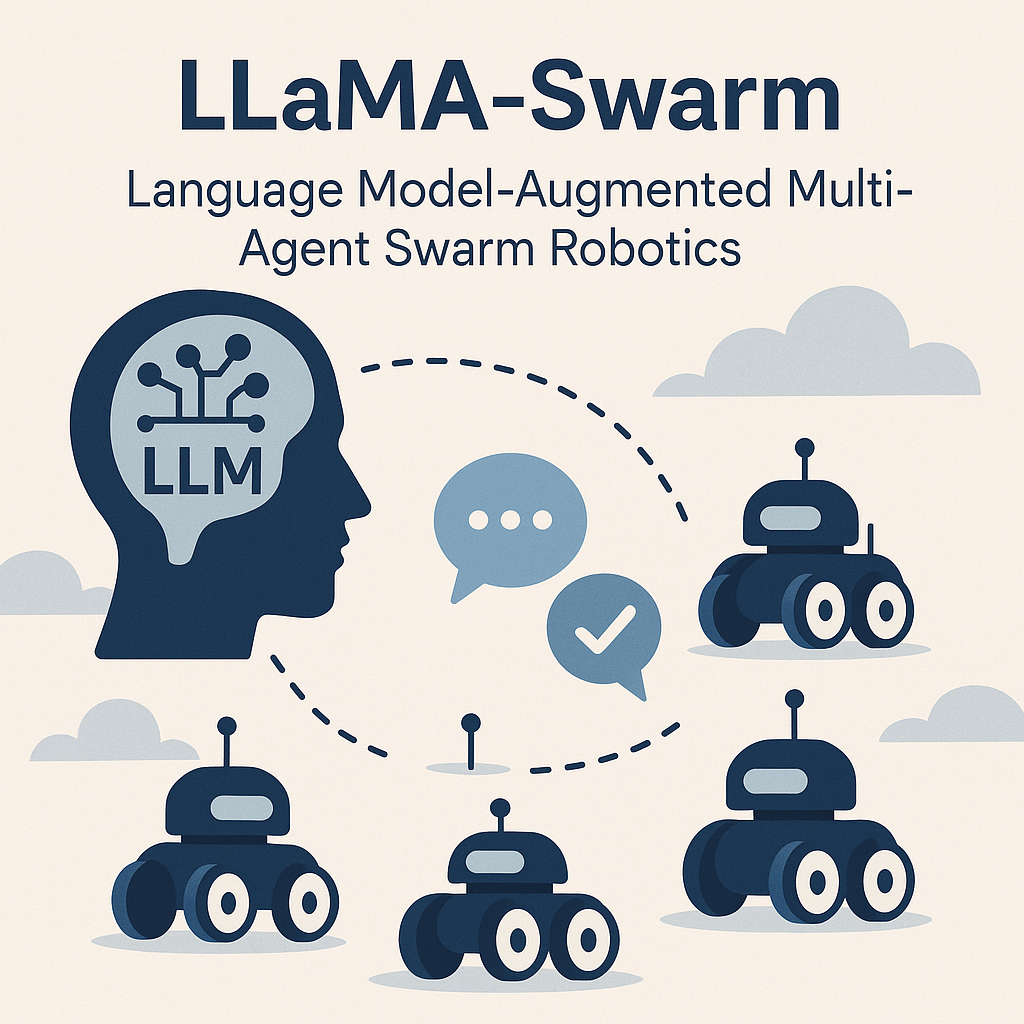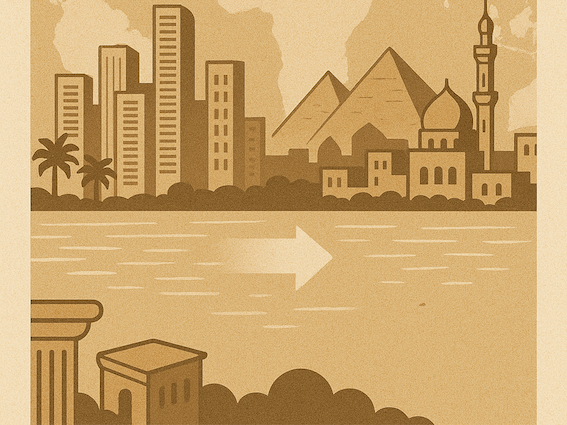Multimodal Early-Warning System for Climate Extremes
Student: Zein Mukhanov
Supervisor: Cynthia Zeng
The project involves building models that fuse information from multiple data modalities—including satellite imagery (vision), sensor and meteorological data (tabular), and text-based weather reports (language)—to improve forecasting and risk prediction for events like hurricanes, floods, and heatwaves. The goal is to develop an early warning system that can support decision-making for communities and industries impacted by climate extremes.
Responsibilities for researchers:
● Building and training deep learning models that integrate vision, language, and structured Data
● Developing user-friendly front-end interfaces for visualizing predictions and alerts (for students with web dev interest)
● Preprocessing and aligning multimodal datasets
● Running experiments, evaluating model performance, and contributing to model Design

Multimodal Early-Warning System for Climate Extremes
Student: Rustem Khassanov
Supervisor: Cynthia Zeng
Project description: The project involves building models that fuse information from multiple data modalities—including satellite imagery (vision), sensor and meteorological data (tabular), and text-based weather reports (language)—to improve forecasting and risk prediction for events like hurricanes, floods, and heatwaves. The goal is to develop an early warning system that can support decision-making for communities and industries impacted by climate extremes.
Responsibilities include:
● Building and training deep learning models that integrate vision, language, and structured data
● Developing user-friendly front-end interfaces for visualizing predictions and alerts (for students with web dev interest)
● Preprocessing and aligning multimodal dataset
● Running experiments, evaluating model performance, and contributing to model design

LLaMA-Swarm: Language Model-Augmented Multi-Agent Swarm Robotics
Student: Kristina Aslanian
Supervisor: Eliseo Ferrante
This project investigates how large language models (LLMs) can be integrated into swarm robotics to enable more adaptive, intelligent, and interpretable multi-agent systems. Traditional swarm robotics relies on simple, decentralized rules, limiting its ability to respond to complex or dynamic tasks. Our research introduces a hybrid architecture where LLMs such as Qwen, LLaMA, and Mistral provide a flexible reasoning layer that enhances high-level coordination and communication among agents. The goal is to allow swarms to self-organize and make collective decisions based not only on local sensor input, but also on contextual prompts, goal descriptions, and learned behavior patterns. This requires designing lightweight, distributed interactions between agents and the LLM layer, optimizing for both performance and scalability. The student’s role includes architecting this integration, developing simulated multi-agent environments, experimenting with prompt engineering for task generalization, and evaluating how language-guided swarms perform compared to traditional rule-based systems. Ultimately, the project aims to open new possibilities for real-world swarm deployments in areas like exploration, search-and-rescue, and distributed sensing.

Gulf Urbanism on an Arab Scale
Student: Razane Sakhi
Supervisor: Masha Kirasirova
This project explores the interconnected histories of urban development in the UAE and Egypt. Building upon scholarship on key historical figures, such as the Egyptian architect Abdulrahman Makhlouf who became one of Abu Dhabi’s early town planners, this project contextualizes urban planning and development in the UAE and Egypt within the broader political, intellectual, economic, and architectural history of the Mashriq region. In what other ways were these development projects connected? What were the key main turning points in their histories? How might such histories of urbanization inform different projections about its future?

Public Spaces in Abu Dhabi
Student: Alejandro Castillo
Supervisor: Laure Assaf
Alejandro will carry out anthropological research in Abu Dhabi as part of the work led by the Abu Dhabi Public Spaces initiative and the CITIES Research Center. His work will focus on documenting how residents engage with the city’s built and natural environments in their day-to-day lives. He will use both writing and photography to capture the rhythms and informal practices that shape public life, paying special attention to the in-between spaces that often fall outside formal city planning. Abu Dhabi is an expanding city built in a desert, where heat and climate place real limits on movement and sociability; at the same time, it is home to one of the most diverse populations in the world. These conditions make it a compelling place to study how people adapt and make use of urban space. The project will look closely at these interstices, where official design meets everyday use. In addition to conducting fieldwork, Alejandro will contribute to the editing and publication processes of ongoing projects for the research center.

Improving CITIESair and the CITIES Dashboard software infrastructure
Student: Tarlan Askaruly
Supervisor: Vince Nguyen
As part of the Post-Graduation Practical Training Program at the CITIES Research Center, I am working on enhancing two existing initiatives: CITIESair and the CITIES Dashboard. These platforms play a vital role in advancing sustainability and well-being – CITIESair monitors real-time indoor and outdoor air quality across schools in Abu Dhabi, while the CITIES Dashboard serves as a central data repository and visualization tool for sustainability efforts at NYU Abu Dhabi.
My contribution focuses on strengthening the technical foundation behind these platforms. I am developing and maintaining backend systems, optimizing data pipelines, and improving the overall infrastructure to ensure the platforms are scalable, reliable, and easy to maintain. In addition to backend development, I am also working on expanding access to these systems – making them more accessible to stakeholders, researchers, and different community members through improved integrations and user-facing features.
his project allows me to gain hands-on experience with impactful, real-world software systems that support data-driven decision-making, research, and community engagement aligned with CITIES’ mission to build sustainable and resilient urban environments.
